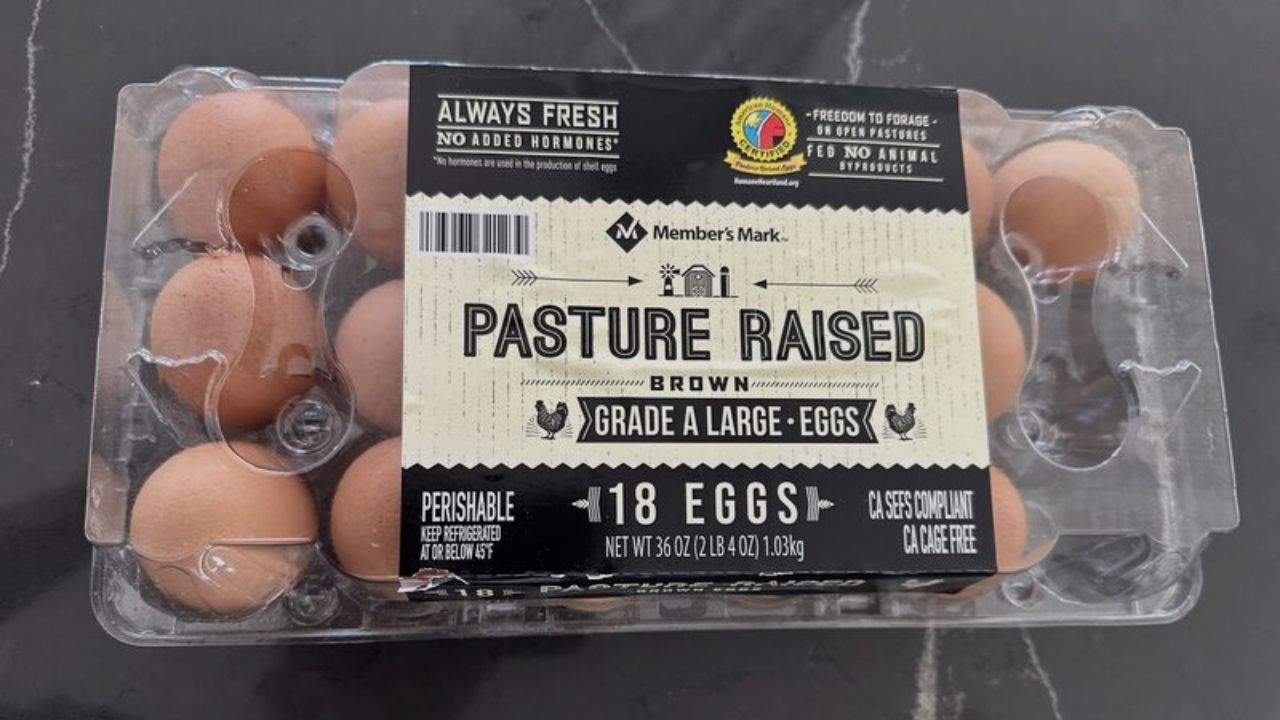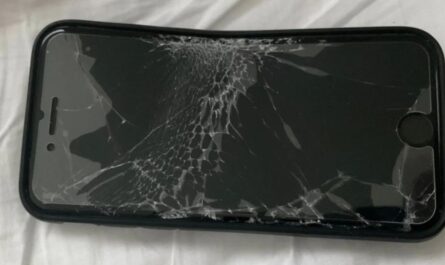Atlanta, GA – When cracking open a carton of organic eggs from Sam’s Club, one customer was surprised to find the eggshells appearing to be glued together. This alarming discovery, shared on TikTok, quickly caught the attention of viewers across the internet, sparking a debate on the authenticity and safety of the eggs.
The viral video showcased what the user described as an unusual, almost paper-like lining on the eggs, raising questions about food safety and quality control at Sam’s Club. But is there cause for concern, or is this a normal biological phenomenon?
The Viral Egg Video That Raised Eyebrows
TikTok user @purposeshallnotdie captured the inside of a carton of Member’s Mark Pasture Raised eggs, highlighting a strange “glued” seam circling the eggshells. She carefully peeled back a thin white layer, noting it resembled “actual paper” rather than a typical eggshell membrane. The user even demonstrated its thickness by rolling the layer into her hand and writing on it with a marker.
“We know that a lining of an egg should never look like this,” she explained, urging viewers to check eggs carefully before cooking or consuming them.
Her TikTok caption warned: “Please check your eggs carefully before cooking or eating them. If you notice anything unusual in texture, color, or lining, do not consume it.” The post quickly went viral, eliciting mixed reactions across social platforms.
Experts Clarify: It’s Likely Just the Egg’s Natural Membrane
While some viewers expressed alarm, experienced chicken owners and experts pointed to a more benign explanation — the eggs’ inner membrane. According to Backyard Chickens and poultry aficionados, this membrane is a natural, protective layer beneath the shell that safeguards against bacteria and conserves moisture.
“I have chickens and it looks very normal to me. That’s a membrane,” one commenter wrote.
The thicker, tougher membrane might be more apparent in pasture-raised eggs due to factors like hen diet and the egg formation process itself. It can sometimes appear as a glued seam or a paper-like layer — especially in eggs from hens that consume a nutrient-rich, natural diet.
Read Also: NYC Woman Claims Recurring Dreams Reveal Man Who Will Kill Her One Day
Community Responses and Ongoing Discussion
The online chicken-raising community largely reassured concerned viewers, confirming the phenomenon as common in naturally raised hens. Some noted that a more robust membrane is typical when hens eat a diet rich in insects and natural foods rather than commercial pellets.
“My chickens lay eggs like that… the membrane is also like that in my eggs,” a TikTok user commented.
However, skepticism remains with some users humorously commenting on the current state of food safety:
- Concerns over potential FDA-recognized salmonella outbreaks persist as a genuine risk with eggs in general.
- Many expressed a desire to rely on homegrown food due to mistrust of store-bought products.
“At this point I need to start growing my own water. Nothing is safe.”
What Should Consumers Take Away?
Experts agree that while vigilance is necessary when it comes to egg safety — especially regarding salmonella — the presence of a thicker eggshell membrane does not indicate contamination or a food safety risk. The unusual texture is a natural part of some eggs’ structure and is not a sign of “fake eggs” or poor quality.
Sam’s Club has not yet issued a statement regarding this viral claim. The story was first reported by BroBible, which noted contact attempts to Sam’s Club for their side.
Ultimately, consumers are encouraged to inspect eggs for any clear signs of spoilage and, when in doubt, to err on the side of caution.
Join the Conversation
Were these eggs just biology doing its thing, or would you consider tossing them? What are your experiences with pasture-raised eggs? Share your thoughts and stories on FatCityFeed.com and join the discussion on egg safety and quality.


 by
by 

